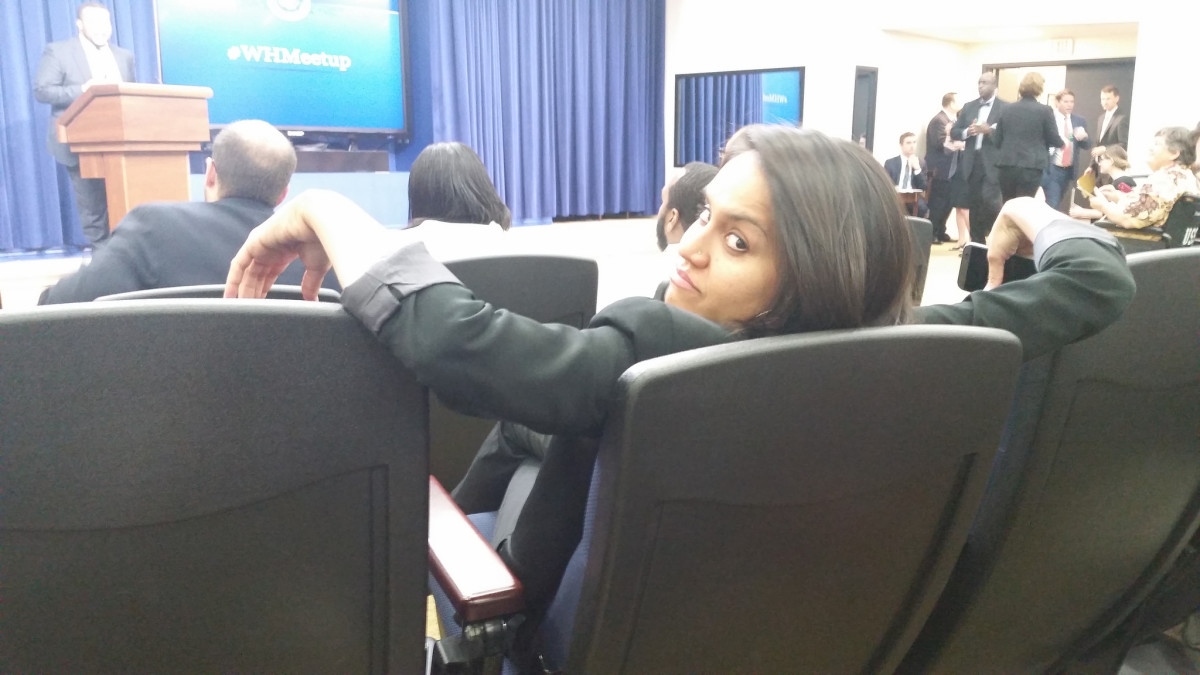During our Technical.ly Slack AMA last Wednesday, we caught up with Aliya Rahman, who chatted with us about the top social justice challenges facing D.C. today, her most ambitious goals and how she built the Gaytabase.
Here are a few things we learned from Rahman (with a few minor edits for clarity):
What would you say was the hardest part of creating Gaytabase?
The interesting thing about the Gaytabase, and actually a lot of social justice tech, is that I actually don’t think the code or modeling always have to be particularly complex. Sometimes we are literally moving an organization from paper to Postgres.The 1.0 was about getting all of our volunteers who usually door-knocked, marched and phone-banked to also learn data entry and understand the very basics of a database and how to access it from their phones.
What’s your most ambitious goal that you are excited about right now? No category restrictions.
Universal CS education in American public schools.
What are your thoughts on the top social justice challenges today in D.C. that can be moved forward through data and technology?
If we are talking about Washington as a national hub for data, gov and civics, I think we are seeing good leadership from the White House with respect to drawing attention to tech and criminal justice/policing, including last week’s Demo Day push to get some tech companies to implement the Rooney Rule in hiring for top execs, as well as our goal to have VC firms agree to report demographic numbers on who they fund. Of course, we have about many, many more things to do on just those issues alone to really implement and get to a place of sea change.
We also have a lot of very smart, very innovative and very strong people in our neighborhoods. Opportunity is limited for kids to access computer science curriculum. (I’m teaching in an exposure camp — seeing all over again what goes on in the resource pipeline for kids in majority Black low-income neighborhoods). So that needs to change. We have an excellent library system that is starting to think about how to use its computers as job search and training centers. So there are good initiatives. Many more are possible and I think the national firms/entities can actually get involved — not through money alone but labor.
Do you partner with other organizations or schools that focus on social justice and/or tech?
What can we as individuals do to promote diversity in tech?
Kind of depends on folks’ skill sets.
I think freelancers and tech employees who are doing okay with money and time should seriously consider taking ownership for another person’s learning and job search/hiring/retention process.
We have to think of our current climate as one where desegregation is the goal (beyond “diversity”), which historically always requires a combination of:







